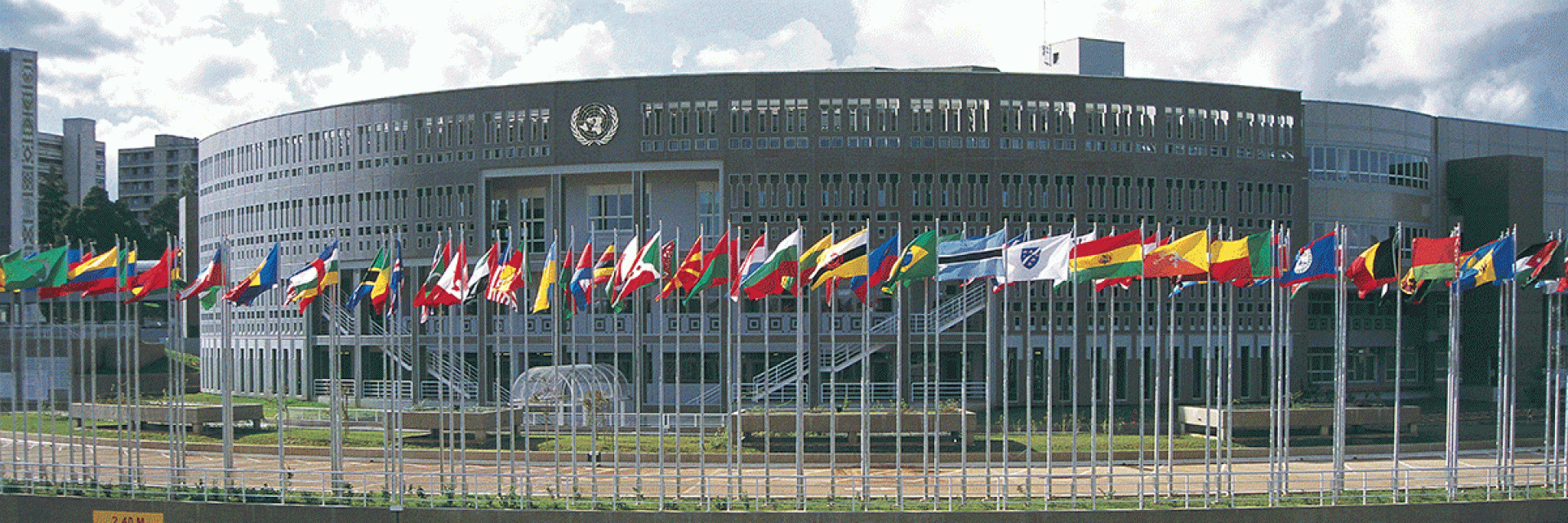Addis Ababa, Ethiopia, March 21, 2021 (ECA) - The meeting of the committee of experts of the Conference of African Ministers ended Friday ahead of the African Finance Ministers Meeting on Monday and agreed on a number of issues, among them the need for the Economic Commission for Africa (ECA) to support advocacy by member States for the extension of the Debt Service Suspension Initiative (DSSI) until at least the end of 2021, freeing up an additional $8 billion for recovery in 2021 and providing much-needed liquidity to respond to the crisis.
The experts, who commended the think tank for its advocacy and substantive support for a new issuance and re-allocation of Special Drawing Rights (SDRs) to low- and middle-income countries, called on the Commission to mobilize support for a Special Drawing Rights re-allocation mechanism that is commensurate with the development financing needs of African countries.
Member States were encouraged to work collectively to ensure they have a common voice and position on the issue of SDRs.
G7 Finance Ministers agreed Friday to support the issuance of new SDRs which will help developing countries better respond to the COVID 19 pandemic.
The experts were concerned by the adverse socioeconomic and health impacts of the pandemic on African economies, coupled with their limited fiscal and monetary tools to respond to the crisis, which they said would most likely derail efforts to build forward better and to achieve the 2030 Agenda for Sustainable Development and Africa’s Agenda 2063.
On COVID-19, the experts commended various initiatives undertaken by ECA to support Member States in leveraging the adoption of the African Union Commission and Africa Centres for Disease Control and Prevention Joint Continental Strategy for COVID-19 Outbreak in March 2020 as a blueprint and master plan for coordinating regional efforts to ensure synergy and minimize duplication, to save lives and support African social and economic development.
They commended the various initiatives undertaken by ECA in supporting member States in the World Trade Organization Agreement on Trade Related Aspects of Intellectual Property Rights on vaccines, debt relief and the issuance of Special Drawing Rights by the International Monetary Fund.
The experts requested ECA, in collaboration with the African Union Commission and all relevant stakeholders, including the private sector, to assist African Member States in putting in place continental strategies and policies to facilitate the production of vaccines on the continent, improve pooled procurement, particularly through digital technologies, as exemplified by the African Medical Supply Platform, and leverage the use of digital tools in national supply chains for improved accessibility for all.
This will improve affordability and accessibility of vaccines and assist in generating inclusive economic growth, stimulating job creation, and eradicating poverty for the continent’s socio-economic development and sustainable growth.
The ECA was urged to continue supporting member States in vaccine procurement, including through additional funding available from debt relief of the G20 Debt Service Suspension Initiative, development finance institutions and SDRs.
On the African Continental Free Trade Area, the experts urged the ECA to provide technical support to its Member States, the African Union Commission, the secretariat of the African Continental Free Trade Area, and regional economic communities, in respect of agricultural development, industrialization, high-priority continental infrastructure projects, digitalization, implementation of national strategies for the AfCFTA, and phase II and phase III negotiations.
On data and statistics, they called on Pan-African organizations and partners to work in close collaboration and foster synergies to support African countries, in particular those with the lowest levels of statistical development, to mitigate the impact of the ongoing COVID-19 pandemic.
The experts said steps should be taken to ensure that key targets and indicators of the 2030 Agenda and Agenda 2063 are incorporated into national development plans as well as the Integrated Geospatial Information Framework to expanding current national data systems to new data frontiers, such as earth observation and geospatial big data, in support of integrated spatial planning and inclusive and sustainable growth.
On civil registration and vital statistics, the experts urged African Governments to invest in fully functional legal identity systems, with a foundation built on strong civil registration systems that start at birth and end at death, and digitize processes, from notification to certification, to transform civil registration systems from slow, passive, and reactive systems that depend on in-person attendance, to systems that are dynamic, interoperable, resilient, proactive, and agile.
Among many other recommendations, the experts called on the ECA to establish an African expert group on gas to advise member States on how to unlock the potential of gas in industrialization and the transition to clean energy.
For more on the outcome of the meeting, click here: https://papersmart.uneca.org/meeting/303/programme
Issued by:
Communications Section
Economic Commission for Africa
PO Box 3001
Addis Ababa
Ethiopia
Tel: +251 11 551 5826
E-mail: eca-info@un.org

